
How Long Does THCa Stay in Your System?
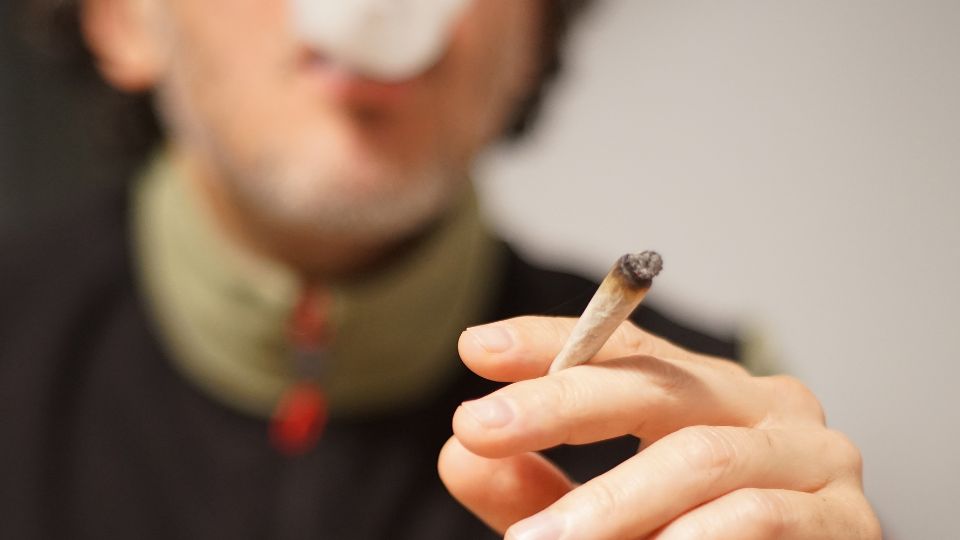
THCA, the precursor to THC (tetrahydrocannabinol), is a naturally occurring compound found in the cannabis plant. While THCA in raw form is non-intoxicating, it can still raise questions about how long it stays in your system, especially in situations where drug tests are involved.
Want legal, high THCa hemp flower delivered to your door? If yes, click here.
The duration of THCA’s presence in your system is influenced by various factors, including your usage patterns, metabolism, and the type of drug test used. In this article, we’ll explore these factors in detail to provide a comprehensive understanding of THCA detection times.
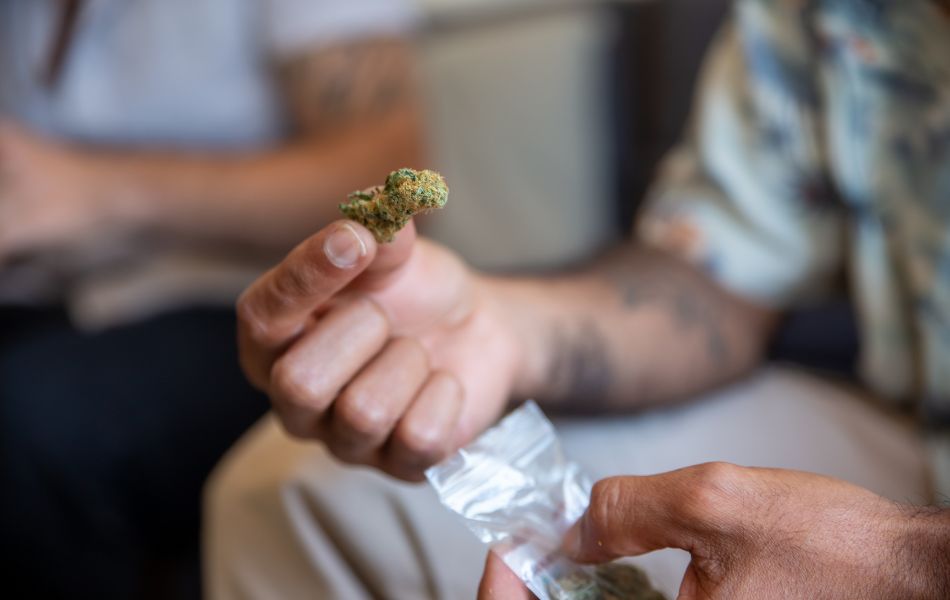
Metabolism and Elimination: Before diving into the factors affecting THCA detection times, it’s essential to understand how the body metabolizes and eliminates this compound. When you consume cannabis containing THCA, your body converts it into THC through a process called decarboxylation. THC is the psychoactive compound responsible for the “high” associated with marijuana use.
Once THC is formed, it is metabolized by the liver into various metabolites, including 11-hydroxy-THC and THC-COOH. These metabolites are then eliminated from the body through urine and feces. The primary metabolite of interest for drug testing purposes is THC-COOH, as it has a longer detection window compared to THC itself.

Detection Windows: The duration THCA stays in your system largely depends on the detection window of its metabolite, THC-COOH.
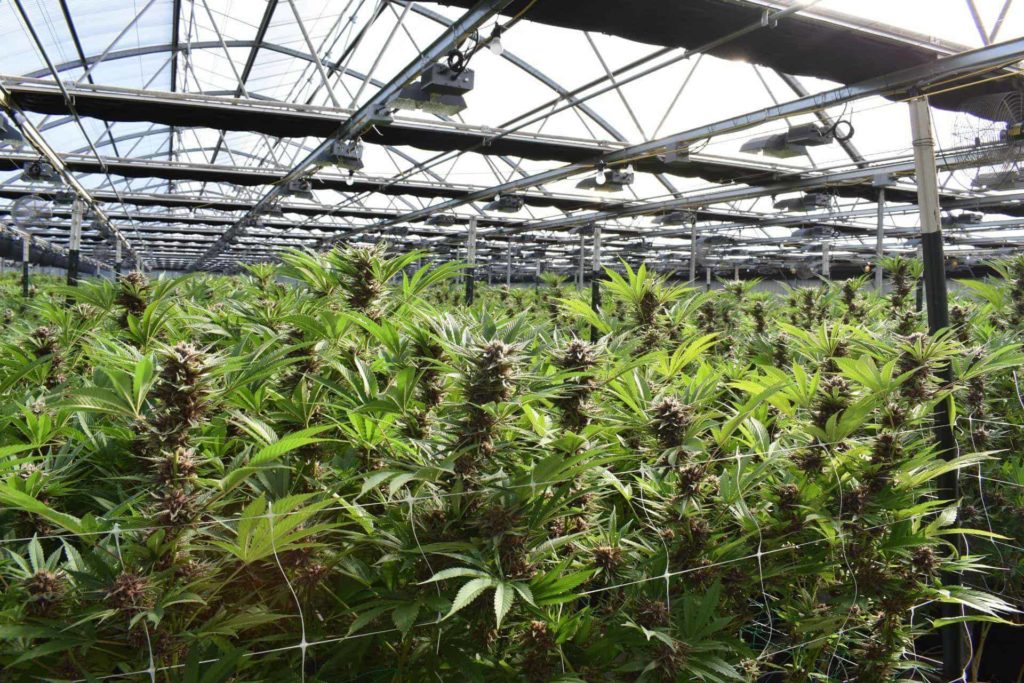
Drug tests, such as urine, blood, saliva, and hair tests, can detect THC-COOH, providing insights into past cannabis use. Here’s a breakdown of the approximate detection windows for different types of tests:
- Urine Test: Urine tests are the most common method for detecting THC-COOH. They can typically detect THC-COOH for up to 30 days after the last use, but this can vary depending on factors like frequency of use, dosage, and individual metabolism. Infrequent users may test negative within a week, while heavy users could test positive for several weeks.
- Blood Test: THC-COOH can be detected in blood for a shorter period compared to urine. In most cases, it’s detectable for up to a week after use, but this window may extend for heavy users. Blood tests are often used in cases of impaired driving or accidents.
- Saliva Test: Saliva tests have a shorter detection window compared to urine and blood tests. They can typically detect THC-COOH for up to 72 hours after use. This makes them useful for detecting recent cannabis consumption.
- Hair Test: Hair tests have the longest detection window, potentially revealing cannabis use for several months. THC-COOH can be present in hair follicles for up to 90 days after use, although this can vary depending on hair growth rates and the length of the hair sample.

Factors Influencing THCA Detection Times: Several factors can influence how long THCA and its metabolites remain detectable in your system.
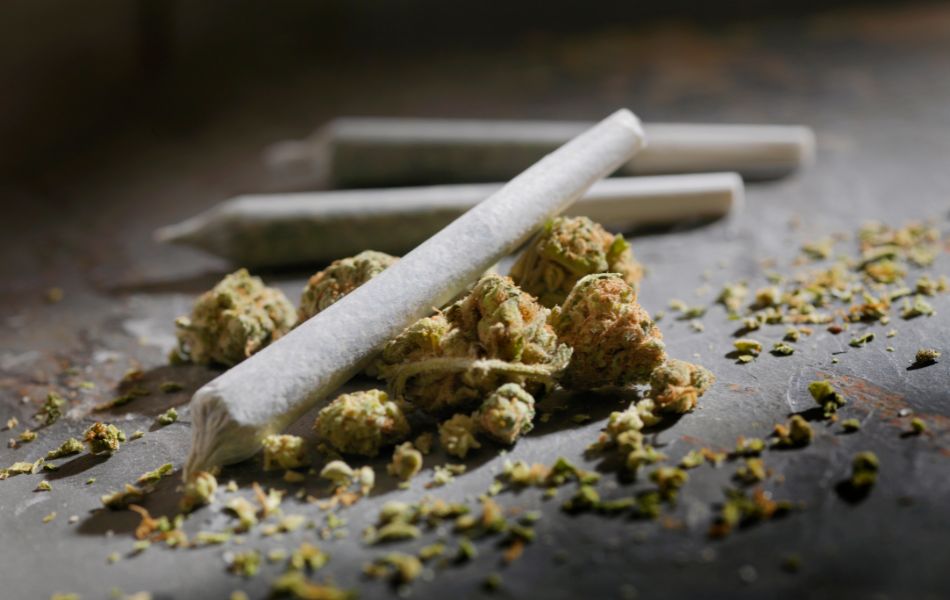
These variables can contribute to significant variations in detection times among individuals:
- Frequency of Use: Regular cannabis users are more likely to have THC-COOH stored in their body’s fat tissues, leading to longer detection times. Occasional or one-time users are likely to clear THC-COOH from their system more quickly.
- Dosage: The amount of THCA or THC consumed plays a role in detection times. Higher doses can result in more THC-COOH being produced and stored in the body, prolonging the detection window.
- Metabolism: Individual metabolism varies, affecting the rate at which THC and its metabolites are processed and eliminated. Factors like age, genetics, and overall health can influence metabolism.
- Body Fat Percentage: THC and its metabolites are fat-soluble, meaning they are stored in fat tissues. Individuals with a higher body fat percentage may retain THC-COOH longer than those with lower body fat.
- Hydration: Staying well-hydrated can help flush THC-COOH out of the body more quickly. Dehydration can slow down the elimination process, potentially extending detection times.
- Exercise: Physical activity can increase metabolism and promote the breakdown of fat tissues, potentially reducing the time THC-COOH is detectable.
- Cannabis Strain: Different strains of cannabis contain varying levels of THCA and other cannabinoids. Some strains may result in higher THCA concentrations, affecting detection times.
- Method of Consumption: The way cannabis is consumed can impact how quickly THCA is converted to THC and subsequently metabolized. Smoking and vaporizing typically result in quicker effects compared to edibles.
- Individual Variation: Each person’s body reacts differently to cannabis, so the exact duration of THCA detection can vary widely among individuals.
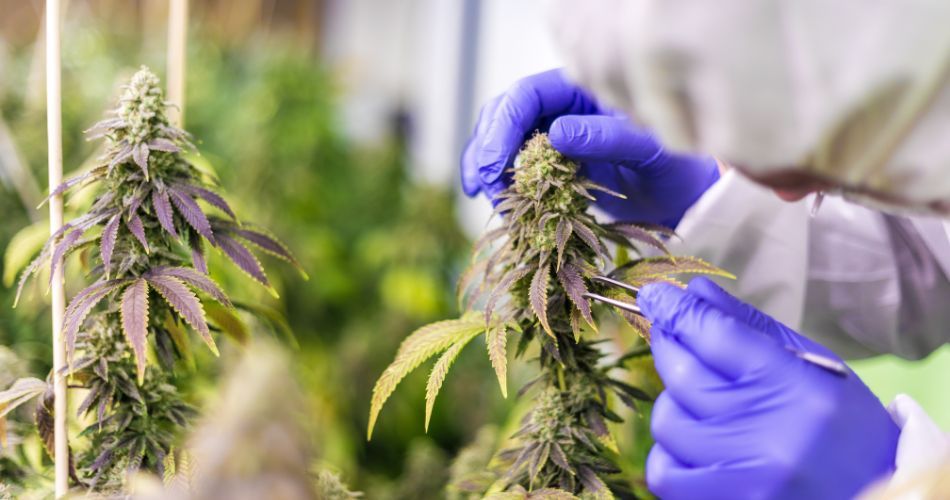
Consequences of Detection: The presence of THCA or THC-COOH in drug tests can have various consequences, depending on the context:
- Employment: Many employers conduct drug tests as part of their hiring process or random screenings. A positive test result for THC-COOH could lead to job loss or disqualification from a potential job opportunity.
- Legal Implications: In some jurisdictions, cannabis use is still illegal, and a positive drug test could result in legal consequences, such as fines or probation.
- Driving: Impaired driving laws can lead to legal penalties if THC is detected in your system, especially if it impairs your ability to operate a vehicle safely.
- Custody and Family Court: Positive drug test results can impact child custody or visitation rights in family court cases.
- Professional Licensing: Certain professions, such as healthcare or law enforcement, may have strict drug testing policies. Positive results can lead to the suspension or revocation of professional licenses.
- Education: Some educational institutions may conduct drug tests, and a positive result could result in disciplinary actions or expulsion.
- Rehabilitation Programs: In some cases, a positive drug test may be a factor in court-ordered rehabilitation programs.

Conclusion: The duration that THCA, or its metabolite THC-COOH, remains detectable in your system is influenced by various factors, including your usage patterns, metabolism, and the type of drug test used.
It’s essential to be aware of the potential consequences of a positive drug test result, especially in situations where legal or professional implications may arise. Understanding these factors can help individuals make informed decisions regarding cannabis use and navigate situations where drug testing is involved.
Contact Us
-
THCa Hemp Flower Pounds
- $850.00 – $1,500.00
- Select options This product has multiple variants. The options may be chosen on the product page
-
El Jay’s Wholesale Top Shelf THCa Hemp Flower Pre-rolls
- $8.00 – $2,000.00
- Select options This product has multiple variants. The options may be chosen on the product page
-
Wholesale Eighths of El Jay’s THCa Hemp Flower (3.5g)
- $15.00 – $1,400.00
- Select options This product has multiple variants. The options may be chosen on the product page
-
Wholesale Northern Lights Delta-9 Gummies (200mg Total Delta-9)
- $13.50 – $3,200.00
- Select options This product has multiple variants. The options may be chosen on the product page
More Posts


Exploring THCa Hemp Flower: Nature’s Therapeutic Treasure
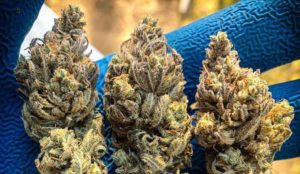
The Purity of THCa Hemp Flower: Why Spraying Is Unnecessary and Undesirable


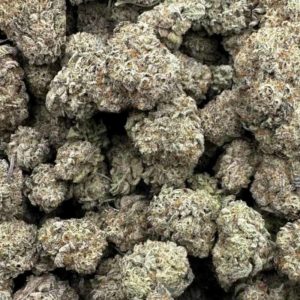
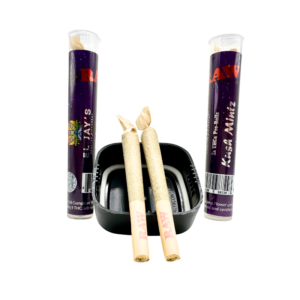
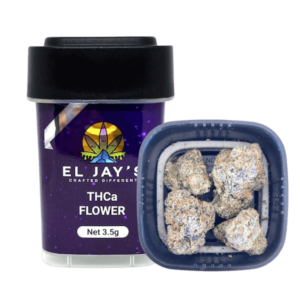


This Post Has One Comment
Pingback: How Long Does it Take for Edibles to Kick in? | Updated 2023